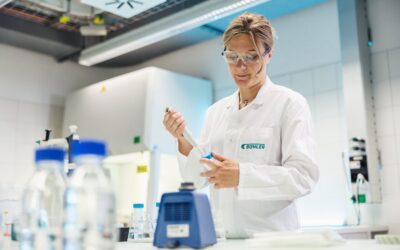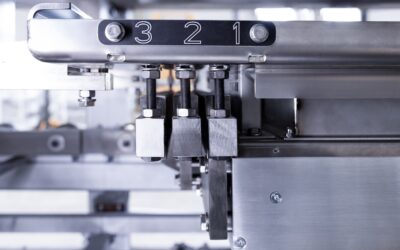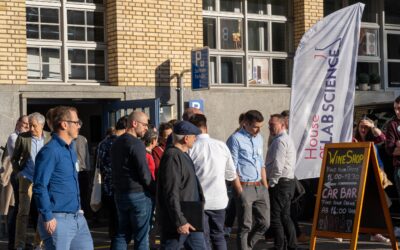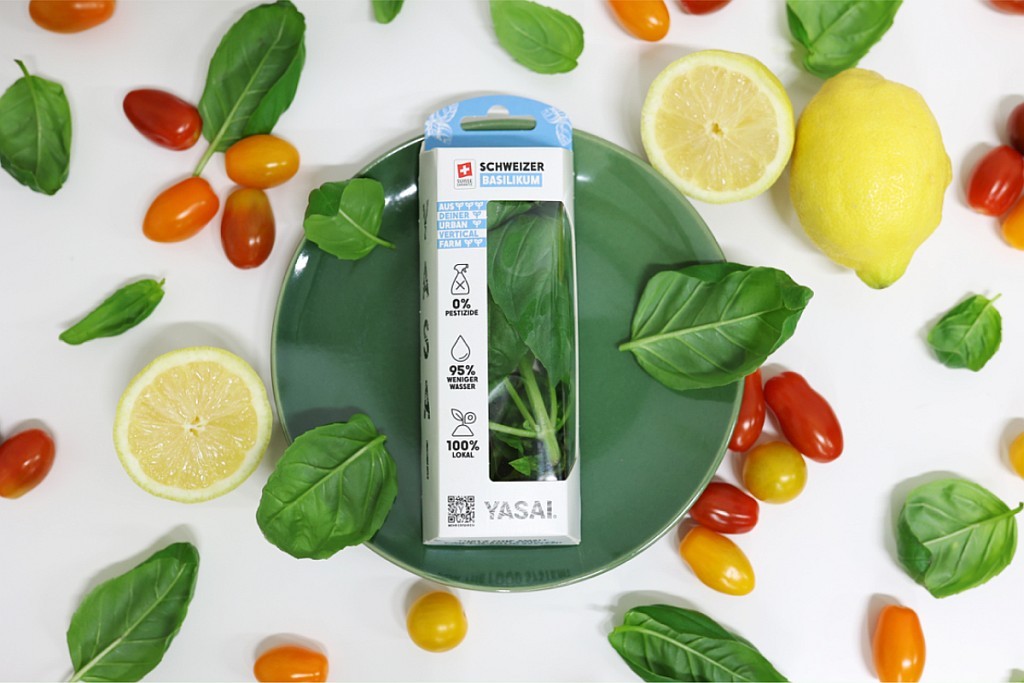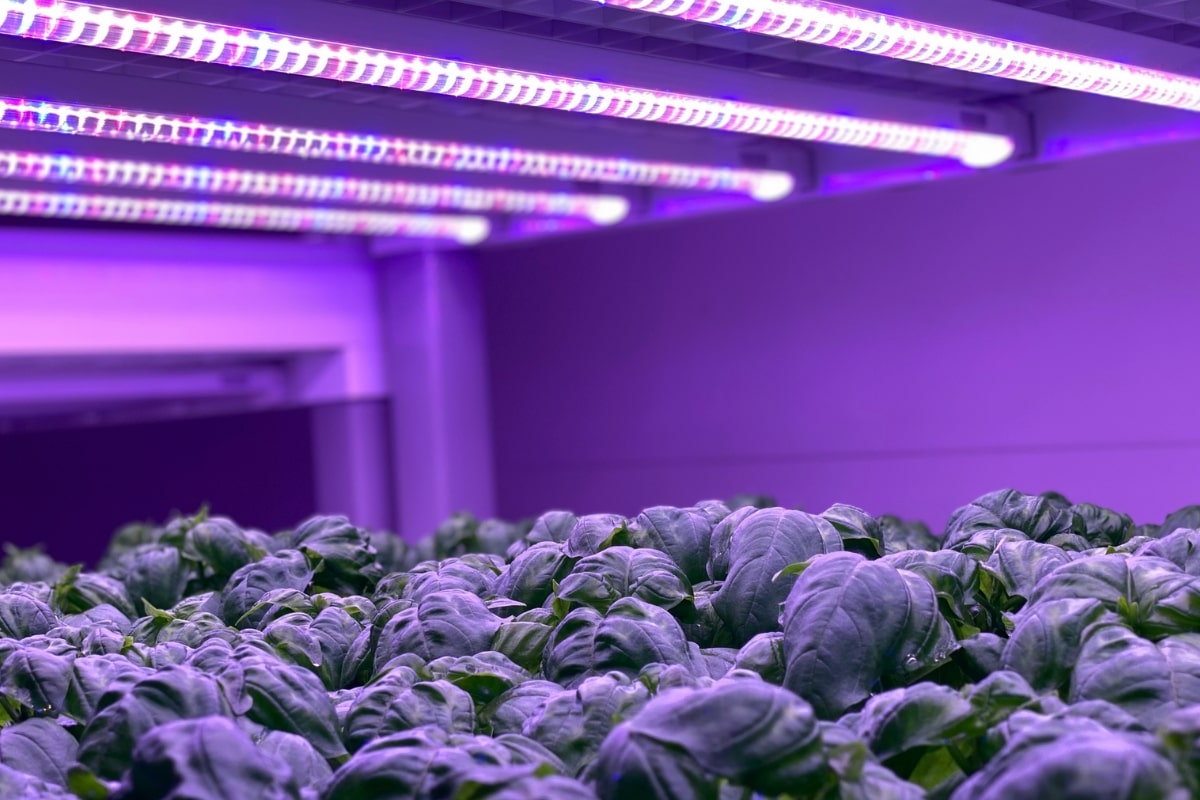Nestlé today announced the...
Unilever’s Swiss production site will become a new hub for scaling up nutrition innovation
Unilever’s Swiss production site will become a new hub for scaling up nutrition innovation
![Article-header-images18[1]](https://swissfoodnutritionvalley.com/wp-content/uploads/2022/09/Article-header-images181.png)
The “Knorri” factory in Thayngen will be transformed into a unique innovation campus that will promote collaboration between startups and established companies, universities, investors, and innovation facilitators – helping new agrifood technologies to scale up and reducing time to market.
Promoting collaboration
Unilever Switzerland and Alphorn Venture Partners (AVP) are joining forces for this ambitious project. Unilever will contribute its expertise in nutrition and food processing, while Alphorn Venture Partners – a FoodTech venture studio – will provide access to its network of startups and scaleups working on new, disruptive technologies, such as precision fermentation and cultured food.
The campus will be designed to drive collaboration between established companies and startups, universities, investors, and innovation facilitators. ETH Zurich, KitchenTown and the economic promotion department of the Canton of Schaffhausen are also involved in the project.
A Swiss center for the future of nutrition
For Unilever, this initiative is another step in their Swiss location strategy. In March this year, the administration of the national company moved into its new home in the center of Schaffhausen.
“Our vision of creating a Swiss centre for the nutrition of the future in Thayngen is gradually becoming a reality. In future, Thayngen will not only be the production site for Knorr products in Switzerland, but also research innovative nutrition concepts under the same roof,” says Thierry Mousseigne, General Manager Unilever Switzerland.
“The location in Thayngen is ideal for closing the scaling gap between product development, small-batch production and industrial manufacturing, and will offer contract development and manufacturing solutions to startups and scaleups,” says Daniel Böhi, Managing Partner of Alphorn Ventures. “Being able to access the know-how and infrastructure of Unilever Switzerland and work together on solutions will enable us to help new agrifood technologies break through more quickly.”
“The cooperation between Unilever and Alphorn Venture Partners creates a unique environment for innovation and collaboration. The direct connection to the production at the site and the expertise of the two partners on site create excellent opportunities for development activities and startups in the fields of nutrition and food production,” says Christoph Schärrer, Delegate for Economic Development of the Canton of Schaffhausen.
“I am pleased with Unilever’s decision to expand the Thayngen site into a center for the nutrition of the future. It strengthens Schaffhausen’s position in food processing. The project exemplifies the efforts of the Canton of Schaffhausen to establish itself as an application region for future-oriented technologies,” explains Government Councillor Dino Tamagni, Head of the Department of Economic Affairs of the Canton of Schaffhausen.
This initiative is part of a series of activities aimed at establishing Switzerland as one of the world’s leading FoodTech nations.
About Unilever
Unilever is a leading international consumer goods manufacturer. The company sells food, personal care products, detergents and household cleaners in over 190 countries and owns some of the world’s best-known brands such as Knorr, Magnum, Dove, Axe, Rexona, Coral, Lusso, The Vegetarian Butcher and Ben & Jerry’s.
Their vision is to be the world’s leading company in the field of sustainable business and want to show that they achieve outstanding results with their future-oriented business model led by Purpose. Their strategy, the Unilever Compass, sets the way to deliver excellence and achieve sustainable and responsible growth by improving the health of the planet; increaseign people’s health, self-confidence, and well-being, and contributing to a fairer and more inclusive world. Find out more at www.unilever.com and www.unilever.ch.
About Alphorn Venture Partners
AVP is a FoodTech Venture Studio based in Switzerland, Israel, and USA, that aims to scale the future of nutrition and make it accessible and available to as many people as possible. AVP engages and invests primarily into startups/scaleups whose technologies enable “deep space” travel but will apply them to solving current and concrete problems in the global food industry (resource scarcity, sustainability/environmental impact, climate change, obesity, and health, etc.).
The vision of AlphornVenturePartners is: Future Food. They scale it to make it accessible and available. To change the way we eat on Earth – and beyond.
Never miss a Swiss food innovation morsel.
Latest News
Nestlé to strengthen its capabilities in bio tech and deep tech, enabled by leaner, more agile R&D organization
Bühler integrates NapaRoast technology to add pasteurization for safe food processing
Swiss tech leader Bühler Group has...
Bühler launches OptiBake, the world’s first inductively heated wafer oven
Bühler Group’s new OptiBake oven...
House of Lab Science launches food and biotech hub in the Valley
House of Lab Science has launched its...

